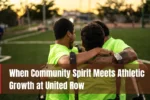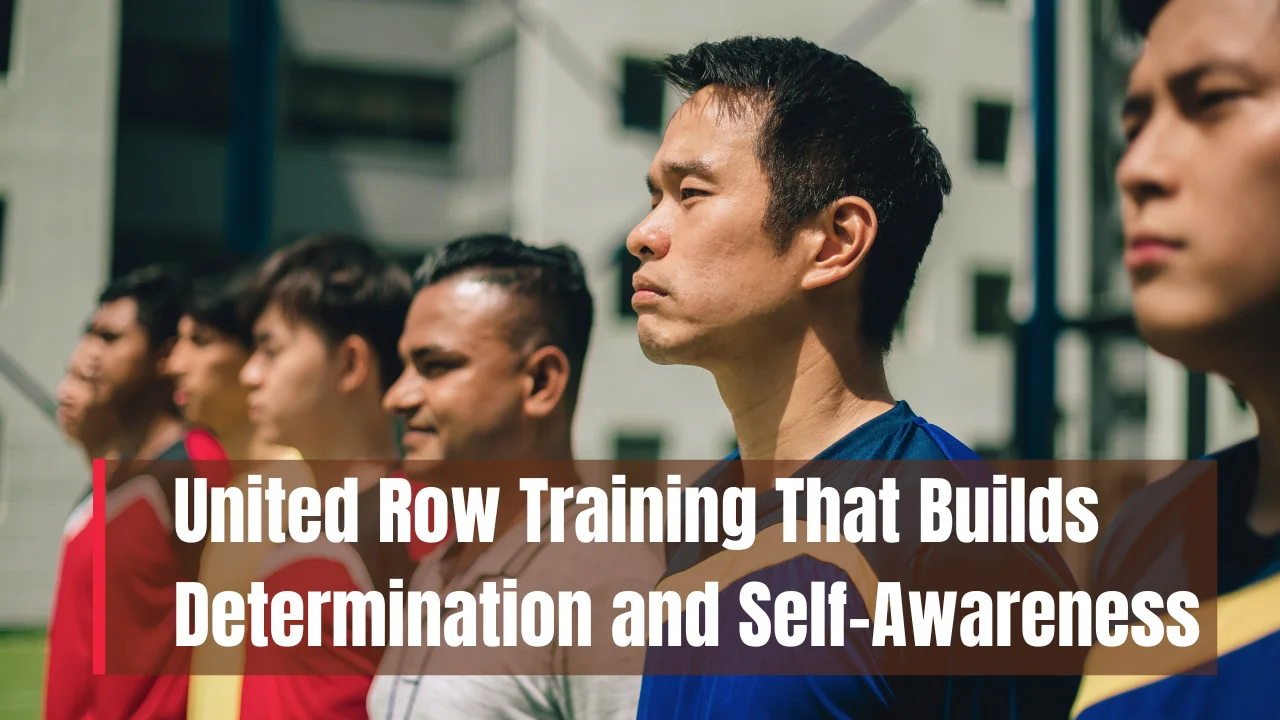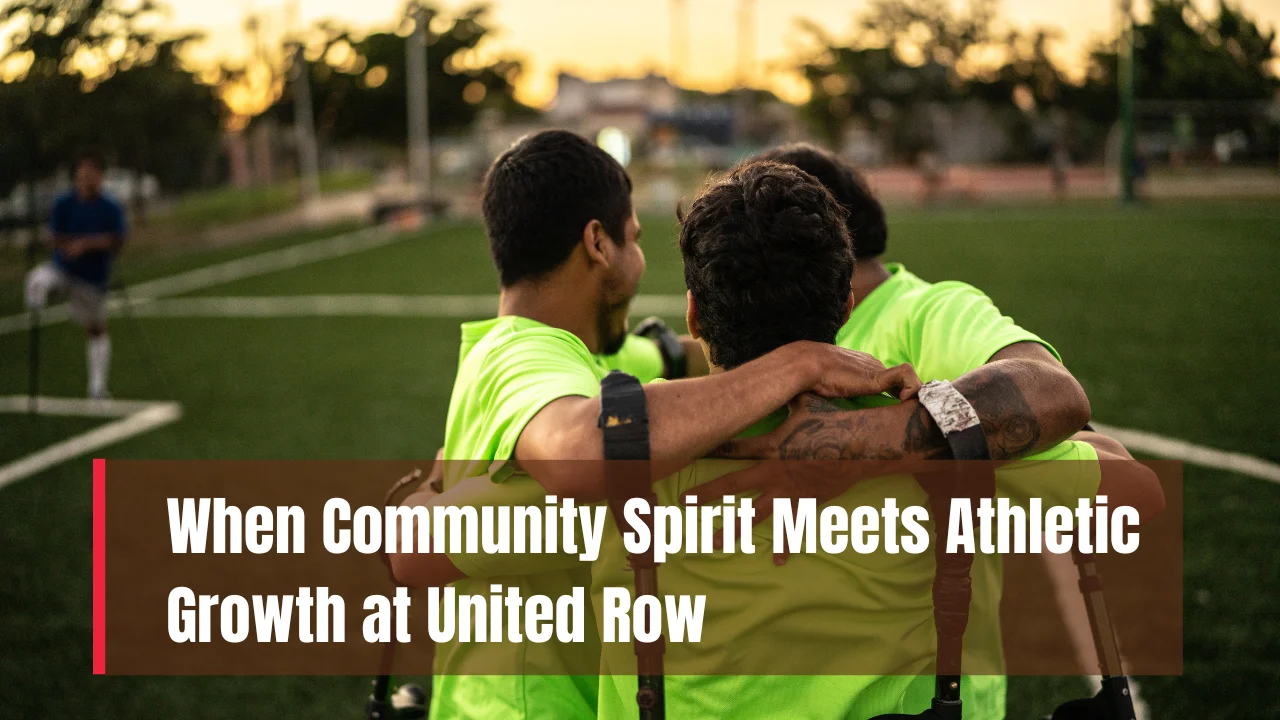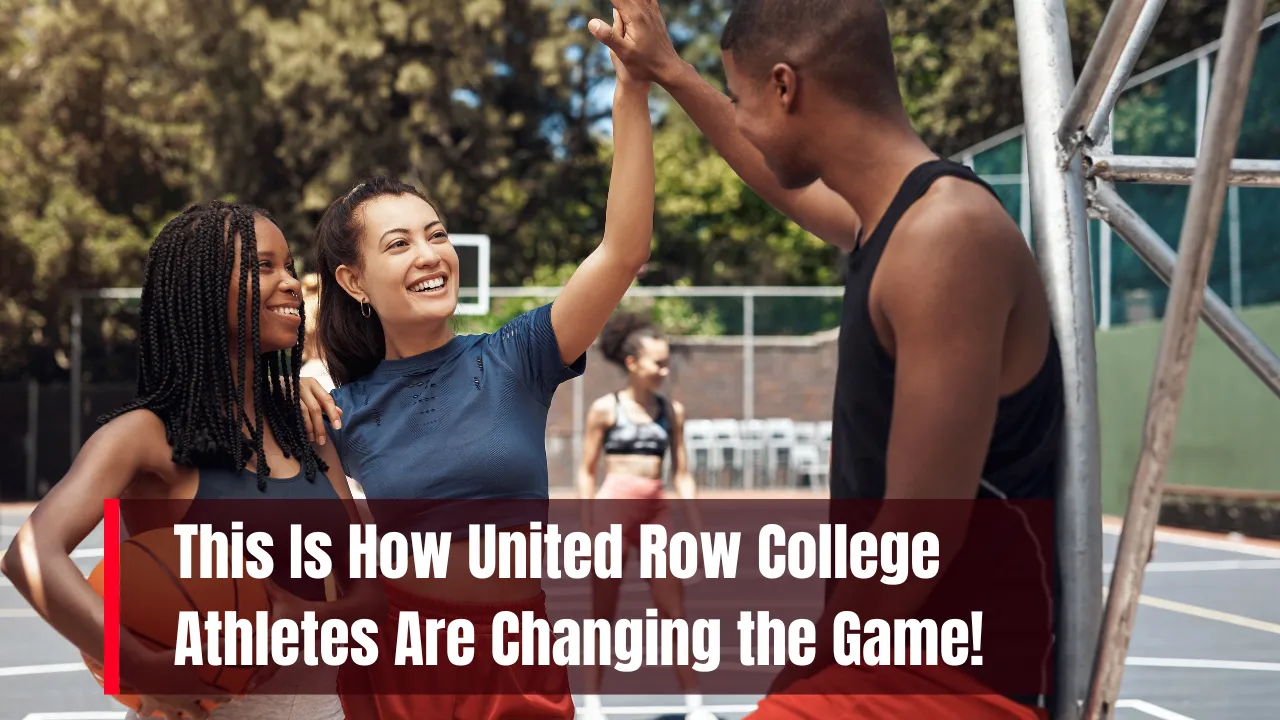Peer feedback is one of the most effective ways to build a high-performing team, and at United Row, it’s more than a suggestion—it’s a core part of every practice. Rowers rely on each other not just to move in rhythm, but to grow, learn, and refine their technique through open communication. The club believes that every athlete has something valuable to offer, and that feedback from teammates can be just as impactful as advice from a coach.
In this article, we’ll explore how United Row integrates peer feedback into every training session and why it’s such a powerful tool for both individual and team growth. You’ll see how this method encourages skill development, trust, and a shared sense of responsibility. With real insight into how it works and why it matters, this guide offers a closer look into one of United Row’s most defining training values.
The Role of Peer Feedback at United Row
At United Row, peer feedback is a training principle, not an afterthought. It helps athletes connect, stay engaged, and continuously improve by learning from each other in real-time. This approach has shaped the club’s training environment into one where everyone is actively involved in progress—not just their own, but their team’s too. When athletes communicate clearly, listen carefully, and respond with intention, their development speeds up and their bonds grow stronger.
Overview of Peer Feedback at United Row
| Key Element | Explanation |
| Team Communication | Encourages open, respectful conversations between teammates |
| Fast Performance Improvement | Immediate corrections help athletes fix errors quickly |
| Supportive Culture | Creates a space where effort is recognized and progress is celebrated |
| Increased Accountability | Teammates feel responsible for contributing to group success |
| Leadership Development | Athletes build confidence and communication skills through feedback |
| Technical Corrections | Helps identify subtle form issues during drills or rowing sets |
| Better Synchronization | Feedback ensures crew members row in sync, improving boat speed |
| Consistent Learning Environment | Feedback becomes part of a daily routine that promotes ongoing growth |
Builds Stronger Team Connections
At the heart of any rowing crew is the connection between its members. Without trust, rhythm collapses. United Row uses peer feedback as a tool to grow that trust. When teammates are encouraged to speak up and help each other, it removes competition and replaces it with collaboration. Sharing insights in real-time, whether it’s a note on timing or posture, reinforces the idea that everyone is rowing for each other—not just themselves.
This kind of open dialogue helps rowers become more comfortable communicating under pressure, which translates directly into better teamwork during races. As athletes learn to both give and receive advice respectfully, it naturally deepens the bond within the team.
Improves Individual Performance
While coaching is essential, it often can’t catch every movement or moment. That’s where peer feedback fills in the gaps. Your teammate in the seat behind you might notice if your hands drop too early at the finish or if your catch timing is slightly off. By pointing it out right away, they’re helping you make instant corrections—something that’s hard to do when relying solely on delayed coach reviews.
This near-instant feedback loop keeps athletes alert and sharp. Over time, it fosters self-awareness. Athletes begin to anticipate errors before they happen, leading to better form and faster personal progress. Feedback becomes a mirror, helping them see what they can’t feel.
Creates a Learning Culture
Rowing is a sport of details—small changes lead to big improvements. United Row builds a peer feedback system where learning becomes a shared experience. Everyone is encouraged to contribute to the collective knowledge. Whether it’s a junior giving a tip on hand heights or a veteran suggesting smoother slide control, the flow of information never stops.
This kind of culture promotes humility. No one knows everything, and that’s okay. Athletes are always in learning mode. Mistakes aren’t punished—they’re discussed, learned from, and corrected. That’s how a team evolves faster together.
Encourages Accountability
When teammates know they’ll be giving feedback—and receiving it—they pay closer attention to their own actions. That sense of responsibility leads to better focus during drills, stronger effort in every rep, and a sharper eye on what needs improvement.
United Row uses peer feedback to drive a sense of ownership. Athletes are not just showing up to train; they’re showing up for each other. That accountability can be the difference between a crew that’s simply decent and one that’s great.
Enhances Communication Skills
Giving quality feedback requires clarity, empathy, and timing. It’s not about pointing fingers—it’s about lifting someone up with helpful, respectful advice. At United Row, these communication habits are taught and practiced deliberately.
Athletes are shown how to phrase feedback positively: focus on what can be done better, rather than what went wrong. Over time, this helps build strong, thoughtful communicators. These skills benefit athletes beyond rowing—at school, in jobs, and in life.
Two Key Benefits of Peer Feedback at United Row
- Quick Corrections on the Spot
When a teammate notices a problem—like blade depth or inconsistent stroke length—they can mention it right away. This prevents repeated mistakes and allows athletes to fix issues before they become habits. - Stronger Leadership Among Athletes
Rowers who consistently offer supportive and helpful feedback naturally grow into leadership roles. They set a tone for the team and become trusted voices in the boat.
How United Row Trains Athletes to Give Feedback
At United Row, peer feedback isn’t left to chance. Athletes are taught specific techniques on how to observe, what to look for, and how to express it effectively. During team meetings and after sessions, rowers are encouraged to reflect on each other’s performance with structure and purpose.
Coaches model the right tone and content of useful feedback. They also ensure the feedback loop stays healthy—constructive, not critical. This training transforms every athlete into a valuable contributor to team growth.
Common Mistakes and How Peer Feedback Solves Them
Even experienced rowers make subtle mistakes—timing mismatches, sloppy finishes, uneven pressure. Coaches can’t always catch every stroke, but teammates are in the perfect position to notice. Through peer feedback, athletes get frequent nudges that help them stay consistent.
Mistakes caught early are mistakes fixed early. Over time, this reduces bad habits and increases crew efficiency. It’s a system that’s proactive, not reactive—and it works.
Positive Mindset Through Support
At United Row, feedback isn’t just about fixing flaws—it’s also about recognizing effort. When teammates acknowledge each other’s improvements, motivation rises. A simple “your catch timing looked great today” can boost someone’s confidence and drive.
This balance of constructive and positive feedback builds a supportive atmosphere. It encourages athletes to keep improving, knowing they’re seen, supported, and appreciated.
Final Thought
Peer feedback is a pillar of success at United Row. It transforms practice into an environment of constant growth, where everyone has a role in each other’s development. By creating a team that listens, supports, and holds each other accountable, United Row not only improves athletic performance but builds a culture of mutual respect and trust.
Whether you’re a rower, coach, or part of any team-based sport, the lessons from United Row’s approach to peer feedback are worth applying. Want to grow faster, communicate better, and lead with purpose? Start listening to your teammates—and don’t be afraid to speak up.
Want to dig deeper into athlete development and team dynamics? Share your feedback or explore other articles to sharpen your edge.












